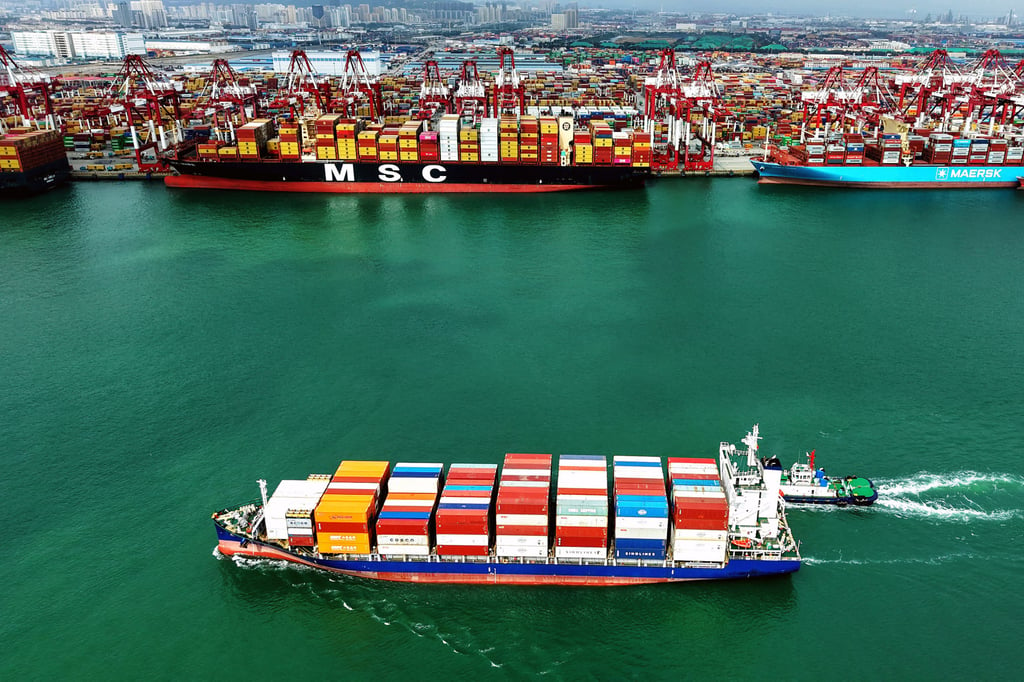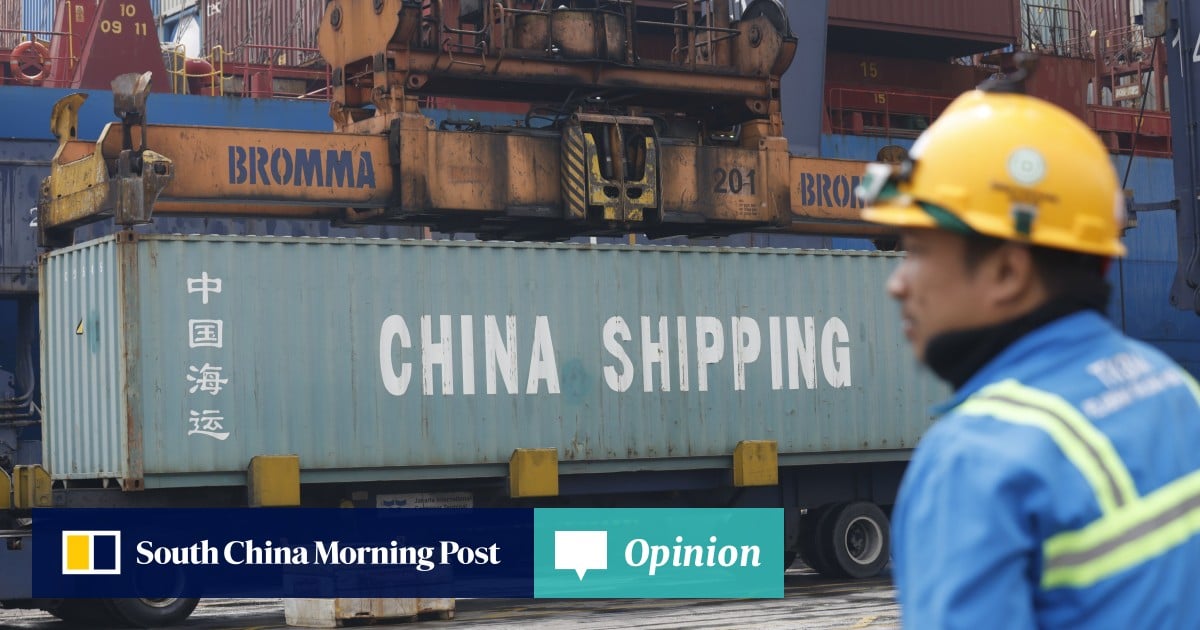Because the two countries are highly economically interdependent, the weaponisation of this interdependence is both essential and convenient, unlike during the Cold War rivalry between America and the Soviet Union.
In some cases, legal trade remedies that were designed to tackle unfair practices or national security threats are increasingly being weaponised as tools of economic coercion.
US-China rivalry
China’s aggressive pursuit of national competitiveness, rising American populism and Washington’s fears of losing global pre-eminence have prompted both nations to actively deploy their economic tools. Their aims are clear: to achieve a competitive advantage, safeguard strategic industries, create domestic jobs and win the technological race.
Although these mechanisms, originally established as legal trade remedies, have been used responsibly in the past, recent actions served as veiled instruments of coercion, justified by appeals to national security or the need to address unfair trade practices – blurring the line between legitimate self-protection and economic coercion.

A container ship in Qingdao, China on October 9. China has stepped up its quest for industrial and technological self-sufficiency in response to US trade actions. Photo: TNS
